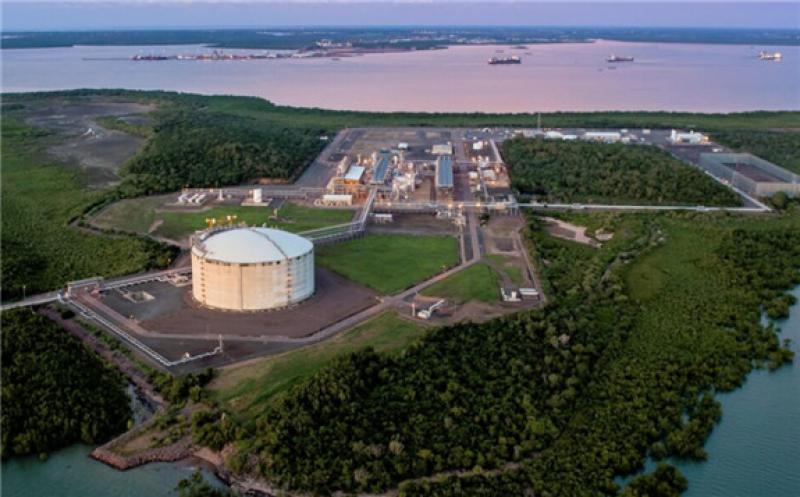Japanese energy giant JERA will buy a 12.5 per cent stake in the Barossa gas field, thus participating in the Darwin LNG project in Australia.Courtesy of Santos
 Courtesy of Santos
Courtesy of Santos
The company has decided to invest, through its subsidiary Jera Australia, in the Barossa/Caldita gas field in Australia. On 8 December, it concluded a deal with Santos to buy a 12.5 per cent stake in the field. The acquisition will be wrapped up after the necessary approval and authorisation procedures.
As a result of the acquisition, Jera will participate in developing a successor gas field for Darwin LNG.
Previously, the Japanese company participated in the Darwin LNG project in 2003. That project produced LNG at the Darwin liquefaction plant using natural gas supplied from the Bayu-Undan gas field. The field is located in waters off Timor-Leste. Since 2006, it contributed to the supply of LNG for approximately 15 years.
However, production at the Bayu-Undan will end within a few years. Development of the Barossa gas field as a successor to supply feed gas to the Darwin LNG is now underway.
The Barossa gas field is located in Australian waters off the Northern Territory of Australia. The project will develop the Barossa gas field and link it by pipeline to the Darwin liquefaction plant. The LNG production will start around 2025.
Jera will receive about 0.425 million tones per year (mtpa) of LNG from Darwin LNG, equivalent to its equity stake in the Barossa gas field.
Jera securing LNG supply with Darwin LNG
In Asia, there is a demand both for decarbonisation and for a stable energy supply to support economic growth. Securing a stable supply of competitive LNG, therefore, is becoming increasingly important.
This project enables Jera to secure highly competitive LNG with extremely low development risk. This is because the Barossa gas field is medium-sized, and existing facilities such as the Darwin LNG plant, an LNG storage tank, and jetty can be used.
The company will work together with its partners to develop the project and ensure a stable supply of LNG to the global market. This includes Japan and gas-to-power projects in Asia.
In addition, Jera will also work with its partners to study the development of zero-emission projects and CCS projects. Through these initiatives, JERA will evaluate opportunities for the reduction of CO2 emissions.